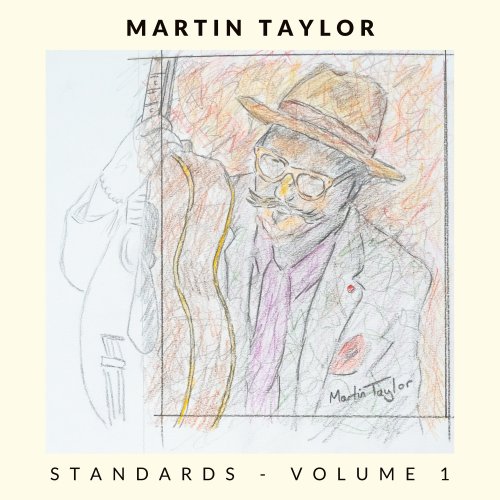'Sugar Boy' Crawford - Blues & Rhythm Series 5143: The Chronological 'Sugar Boy' Crawford 1953-1954 (2005)
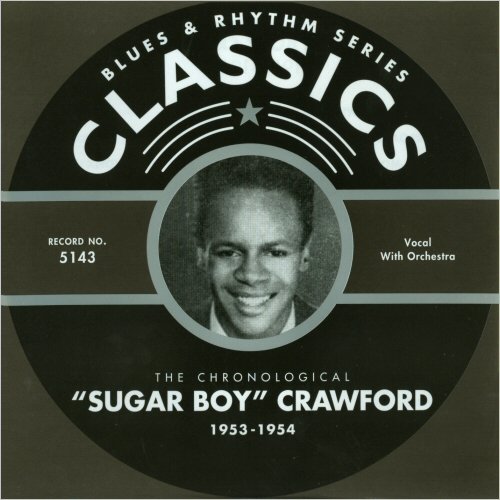
Artist: 'Sugar Boy' Crawford
Title: Blues & Rhythm Series 5143: The Chronological 'Sugar Boy' Crawford 1953-1954
Year Of Release: 2005
Label: Classics Records
Genre: Blues, R&B
Quality: FLAC (tracks)
Total Time: 65:22
Total Size: 332 MB
WebSite: Album Preview
Tracklist:Title: Blues & Rhythm Series 5143: The Chronological 'Sugar Boy' Crawford 1953-1954
Year Of Release: 2005
Label: Classics Records
Genre: Blues, R&B
Quality: FLAC (tracks)
Total Time: 65:22
Total Size: 332 MB
WebSite: Album Preview
01. I Don't Know What I'll Do (3:03)
02. Overboard (2:30)
03. Jock-O-Mo (2:30)
04. You You You (3:15)
05. I Bowed On My Knees (2:47)
06. Wandering Baby (2:29)
07. No More Heartaches (2:16)
08. What's Wrong (2:41)
09. Please Believe Me (2:39)
10. Long Lost Stranger (3:09)
11. Night Rider (2:47)
12. For Me (3:25)
13. Wondering (2:22)
14. Honey (2:18)
15. Get Away (Away From My Door) (3:09)
16. You Know I Love You (2:37)
17. Stop (2:45)
18. Watch Her, Whip Her (2:25)
19. Love, Love, Love (2:44)
20. Troubled Mind Blues (2:51)
21. Oo Wee Sugar (2:30)
22. There Goes My Baby (2:48)
23. You Call Everybody Sweetheart (2:36)
24. If I Love You Darling (2:34)
New Orleans R&B legend James "Sugar Boy" Crawford was born in the Crescent City on October 12, 1934. He grew up singing in his Baptist church choir, additionally learning piano and playing trombone in the Booker T. Washington High School marching band. In 1950 Crawford and eight classmates formed the Sha-Weez; according to Marv Goldberg's profile in the September 1977 issue of Yesterday's Memories, the group's odd name derived from their theme song, Nolan Blackwell's "Cha-Paka-Sha-Wees," which roughly translates from the Creole "We are not raccoons." During an appearance on local radio, they were introduced as the "'Cha-Paka-Sha-Wees' musicians," and the moniker stuck. Producer Dave Bartholomew signed the Sha-Weez to New Orleans imprint Aladdin Records in late 1952, helming their debut session at Cosimo Matassa's legendary J&M Studios. Crawford was slated to sing lead vocal, but a previous live performance left his voice so strained that bandmate Edgar "Big Boy" Myles stepped to the fore instead. "No One to Love Me" appeared at year's end, becoming a local hit and earning the group live appearances throughout the Gulf Coast region.
Still, Aladdin resisted releasing the remaining material from the Sha-Weez's J&M session, nor did the label book another studio date. The group nevertheless remained under contract to the label, but in late 1953 Crawford and Myles began recording for Chess as Sugar Boy and His Cane Cutters. Their Chess debut, "I Don't Know What I'll Do," was the label's first release cut in New Orleans, and enjoyed strong local airplay. The follow-up, "Jock-a-Mo," appeared in early 1954 and also proved a regional favorite. A decade later, the Dixie Cups recut the song as "Iko Iko," one of the most popular and enduring Crescent City R&B records ever made (although Crawford claimed he never earned a dime for co-writing the tune). The third Sugar Boy and His Cane Cutters single, "I Bowed on My Knees," earned the group a residency at the Baton Rouge nightspot the Carousel Club, but brought an end to their Chess affiliation, leaving more than a dozen unreleased sides on the shelf; Myles left the lineup in 1955 to join Li'l Millet & His Creoles, and Crawford dissolved the Cane Cutters soon after in favor of a solo career.
In 1956 Crawford signed to Imperial, reuniting with Bartholomew and his ace session band of saxophonists Lee Allen and Herb Hardesty, guitarist Justin Adams, bassist Frank Fields, and drummer Earl Palmer. With his solo debut, "She's Got a Wobble (When She Walks)," Crawford clearly set out to cross over to white radio, and while he did indeed earn airplay on stations on both sides of New Orleans' color line, his efforts failed to translate into record sales. Both "I Don't Need You" and "She's the One" followed in 1957, but when 1958's "I Need Your Love" again tallied dismal sales, Imperial terminated his contract. By 1962, Crawford was working with the Little Raelettes, the quartet of singers Dianne and Linda DeGruy, Irene Williams, and Mary Kelly; during their debut performance, the group was erroneously introdced as Sugar Boy and the Sugar Lumps, and the name stuck. But while en route to their first Peacock label session in 1963, Crawford was pulled over by a policeman and pistol-whipped, missing the studio date and enduring a protracted hospital stay that largely soured his desire to continue performing. After an abortive 1969 comeback attempt, Crawford confined his singing to the church until 1995, when he lent backing vocals to grandson Davell Crawford's debut LP, Let Them Talk. ~Jason Ankeny
Still, Aladdin resisted releasing the remaining material from the Sha-Weez's J&M session, nor did the label book another studio date. The group nevertheless remained under contract to the label, but in late 1953 Crawford and Myles began recording for Chess as Sugar Boy and His Cane Cutters. Their Chess debut, "I Don't Know What I'll Do," was the label's first release cut in New Orleans, and enjoyed strong local airplay. The follow-up, "Jock-a-Mo," appeared in early 1954 and also proved a regional favorite. A decade later, the Dixie Cups recut the song as "Iko Iko," one of the most popular and enduring Crescent City R&B records ever made (although Crawford claimed he never earned a dime for co-writing the tune). The third Sugar Boy and His Cane Cutters single, "I Bowed on My Knees," earned the group a residency at the Baton Rouge nightspot the Carousel Club, but brought an end to their Chess affiliation, leaving more than a dozen unreleased sides on the shelf; Myles left the lineup in 1955 to join Li'l Millet & His Creoles, and Crawford dissolved the Cane Cutters soon after in favor of a solo career.
In 1956 Crawford signed to Imperial, reuniting with Bartholomew and his ace session band of saxophonists Lee Allen and Herb Hardesty, guitarist Justin Adams, bassist Frank Fields, and drummer Earl Palmer. With his solo debut, "She's Got a Wobble (When She Walks)," Crawford clearly set out to cross over to white radio, and while he did indeed earn airplay on stations on both sides of New Orleans' color line, his efforts failed to translate into record sales. Both "I Don't Need You" and "She's the One" followed in 1957, but when 1958's "I Need Your Love" again tallied dismal sales, Imperial terminated his contract. By 1962, Crawford was working with the Little Raelettes, the quartet of singers Dianne and Linda DeGruy, Irene Williams, and Mary Kelly; during their debut performance, the group was erroneously introdced as Sugar Boy and the Sugar Lumps, and the name stuck. But while en route to their first Peacock label session in 1963, Crawford was pulled over by a policeman and pistol-whipped, missing the studio date and enduring a protracted hospital stay that largely soured his desire to continue performing. After an abortive 1969 comeback attempt, Crawford confined his singing to the church until 1995, when he lent backing vocals to grandson Davell Crawford's debut LP, Let Them Talk. ~Jason Ankeny

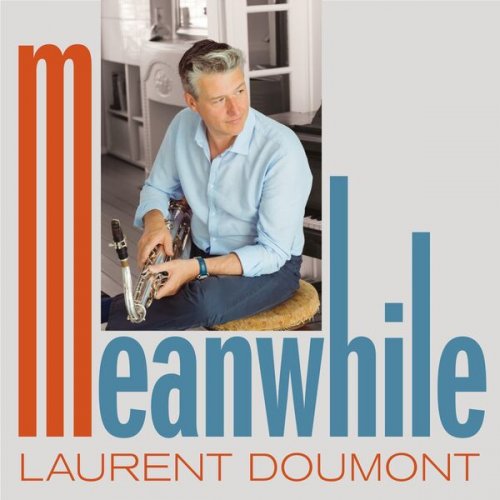
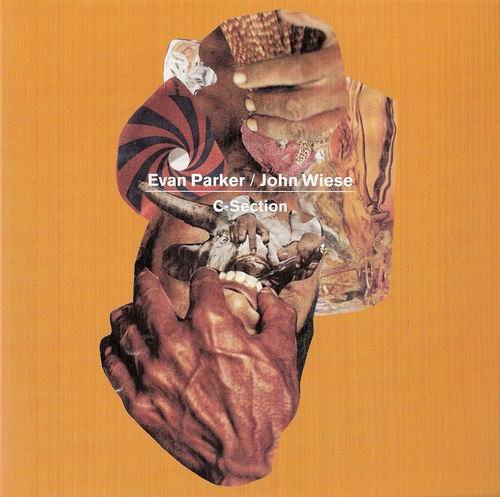
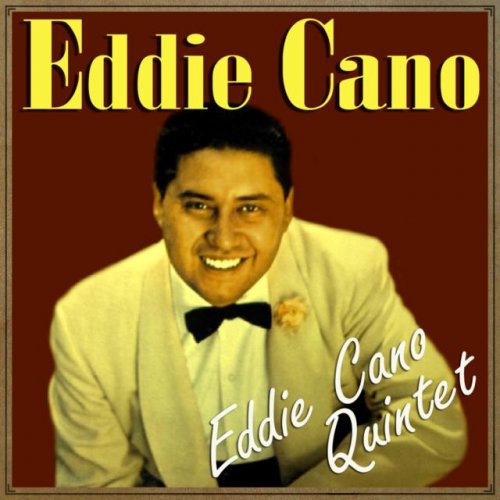
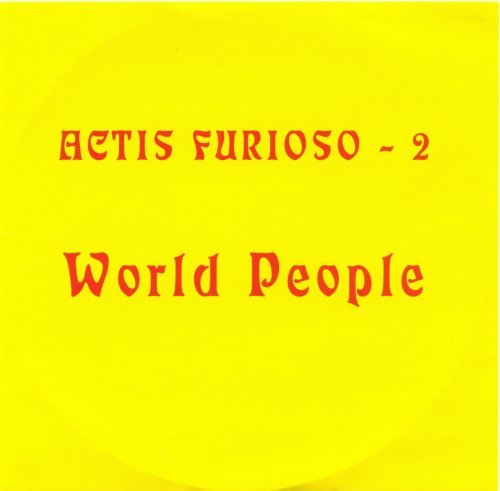


![Double Drums, Philipp Jungk & Alexander Glöggler - All You Can Beat (2026) [Hi-Res] Double Drums, Philipp Jungk & Alexander Glöggler - All You Can Beat (2026) [Hi-Res]](https://www.dibpic.com/uploads/posts/2026-02/1771946421_folder.jpg)
